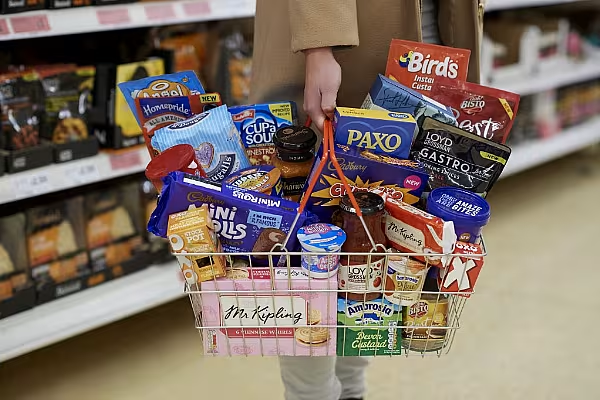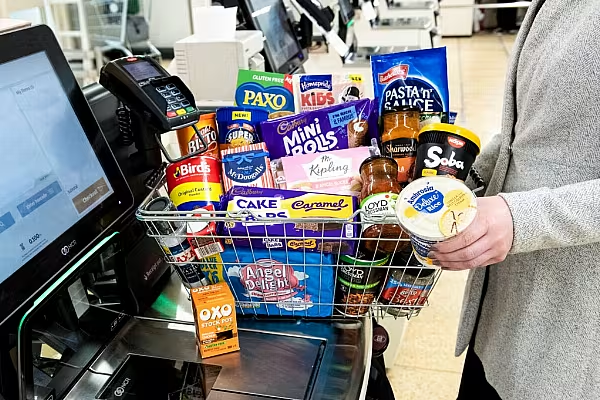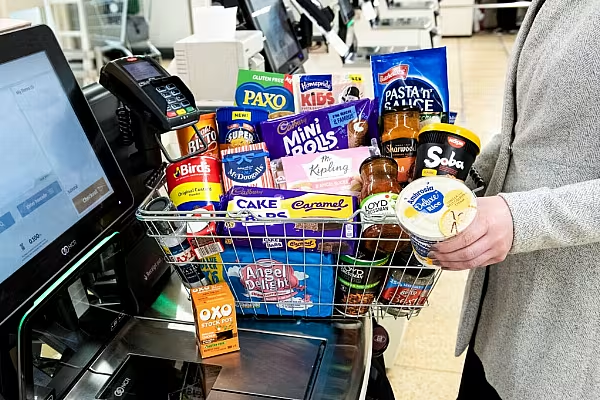British food manufacturer Premier Foods has reported a decrease in underlying sales, adjusted profit before tax and earnings per share in the year to date, ending 1 April 2017, compared to the same period last year.
In its preliminary results for the fiscal year 2016/17, the maker of Loyd Grossman sauces and Mr Kipling cakes revealed that underlying sales have fallen 1.4% and adjusted profit before tax is down 11.8%, while earnings per share fell 12.2%.
However, it saw an increase in operating profit (12.7%), revenue (2.4%), and market share.
Gavin Darby, chief executive officer, said, “This financial year has been a challenging one for the industry, with the return of food inflation and changing retailer promotional strategies. Despite this, we have grown market share in six of our eight largest brands, outperformed many of our peers in the latter part of the year, and accelerated international sales growth to 18%.”
The food group said that developments in the external environment have 'adversely affected' its performance. Its board has reviewed its strategy and decided to adjust the balance of priorities between its existing strategic objectives.
It admitted that the balance was initially weighted towards delivering category and sales growth. Going forward, it said, ‘the board will pursue a strategy which is more evenly balanced between the three objectives of delivering sales growth, achieving cost and efficiency savings, and reducing net debt.’
Strategic Update
“With the industry changing rapidly, we have updated our strategy to give an equal focus to revenue growth, cost efficiencies and cash generation. In the UK, growing ahead of our categories continues to be a core objective for us, and our plans for international [interests] are for further strong growth”, Darby said.
Revenue Growth: Premier Foods now aims to protect its revenues on both the UK and international levels, as well as to protect its strategic partnerships, including the recent long-term deal with Mondeléz and Cadbury, which, it claims, will bring £20 million over the next two years.
Cost and Efficiency Programmes: It said that it ‘expects to deliver aggregate cost-efficiency savings of £20m over the next two years’, via logistics restructuring, SG&A restructuring, and manufacturing and procurement.
Cash Generation: It has three major plans to create profits. It will lower pension cash payments by £32 million over three years, as agreed with the trustees of the group pension schemes. It will maintain diversified sources of financing, and a tight focus on capital expenditure (in the range of £20-£25 million) over the medium term.
The food group said that by ‘combining all three strategic pillars, the group aims to lower its net debt/EBITDA ratio to below 3.0x in the next three to four years’.
Optimism
Chief executive Darby said that he is satisfied with the company's strong start to the year.
He said, “This year has started on a solid footing. We are very pleased to announce an extension of our bank facilities and the proposed issue of a new bond. We plan to deliver progress in FY17/18, while noting this progress is expected to be weighted more to the second half of the year.”
© 2017 European Supermarket Magazine – your source for the latest retail news. Article by Aidan O'Sullivan. Click subscribe to sign up to ESM: The European Supermarket Magazine.














